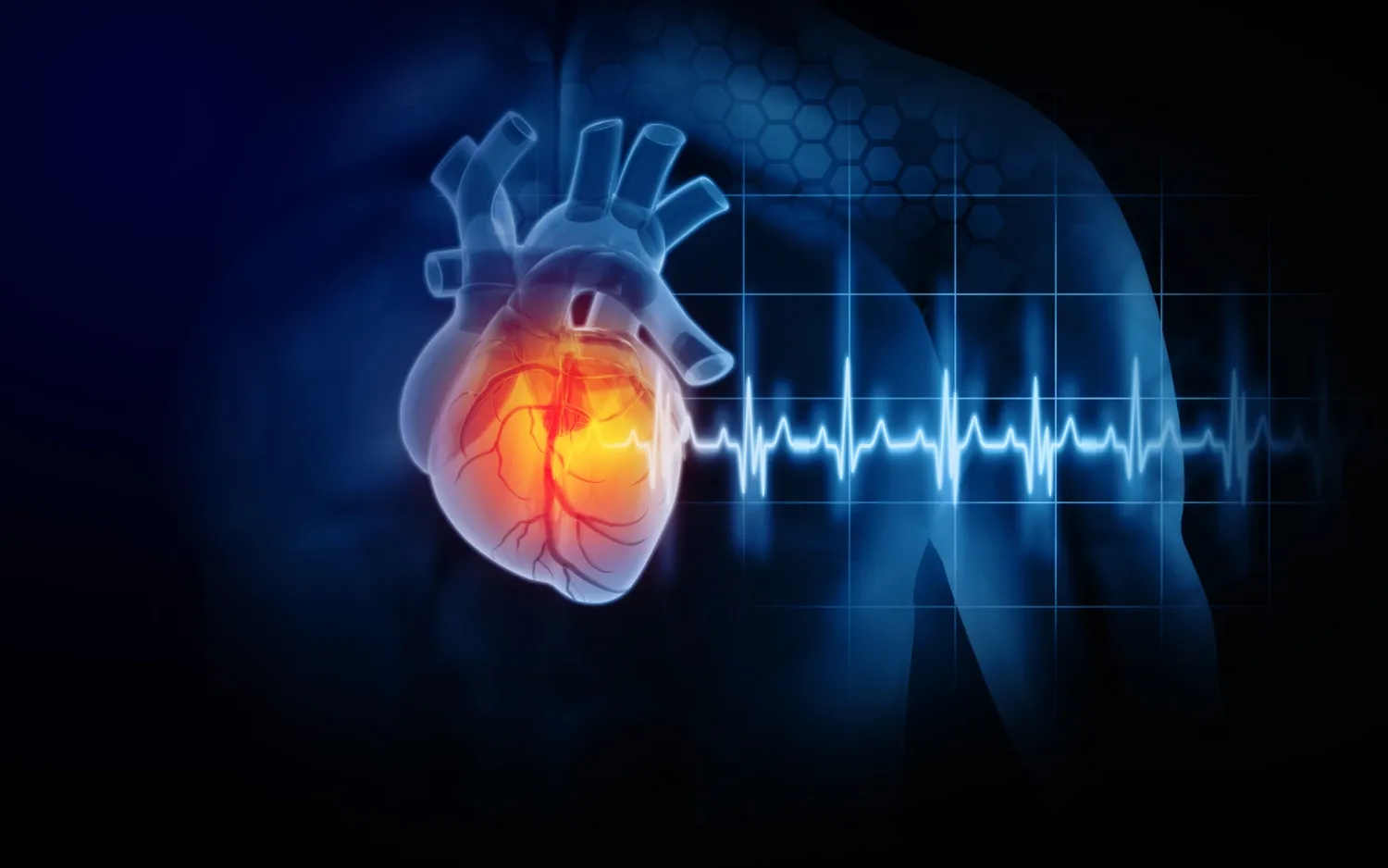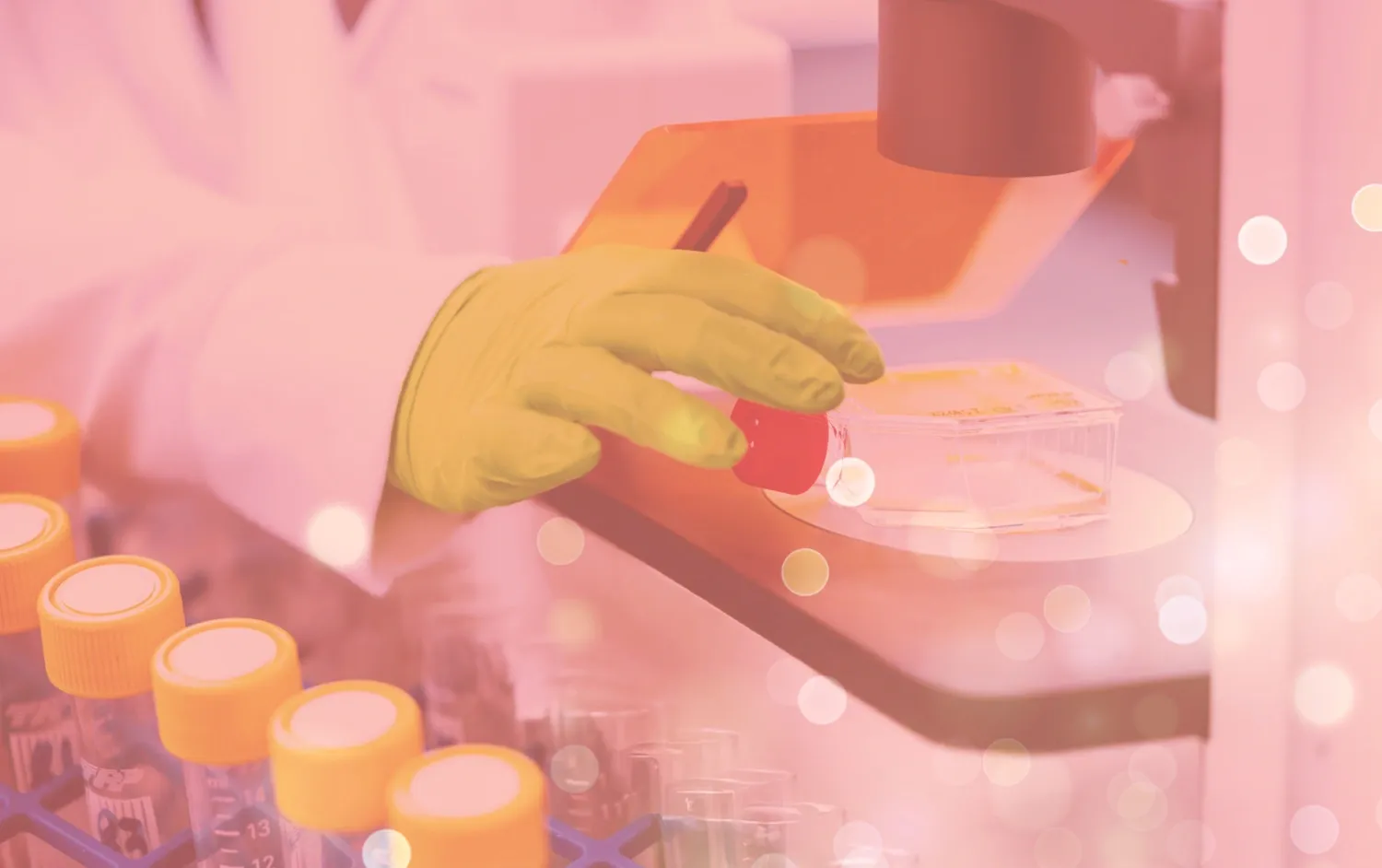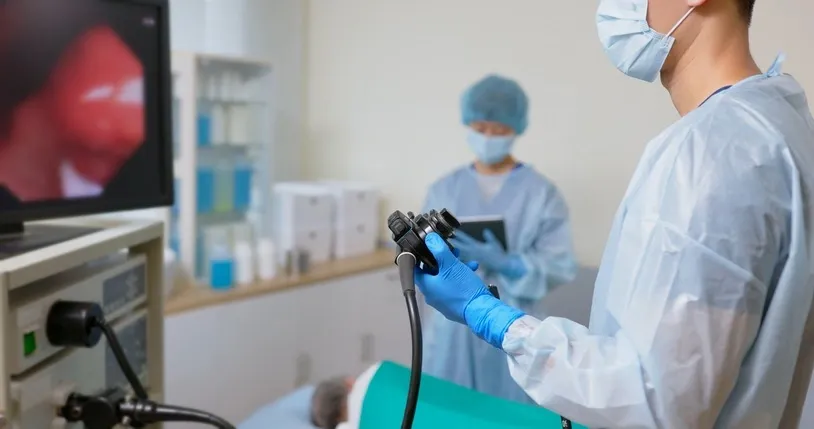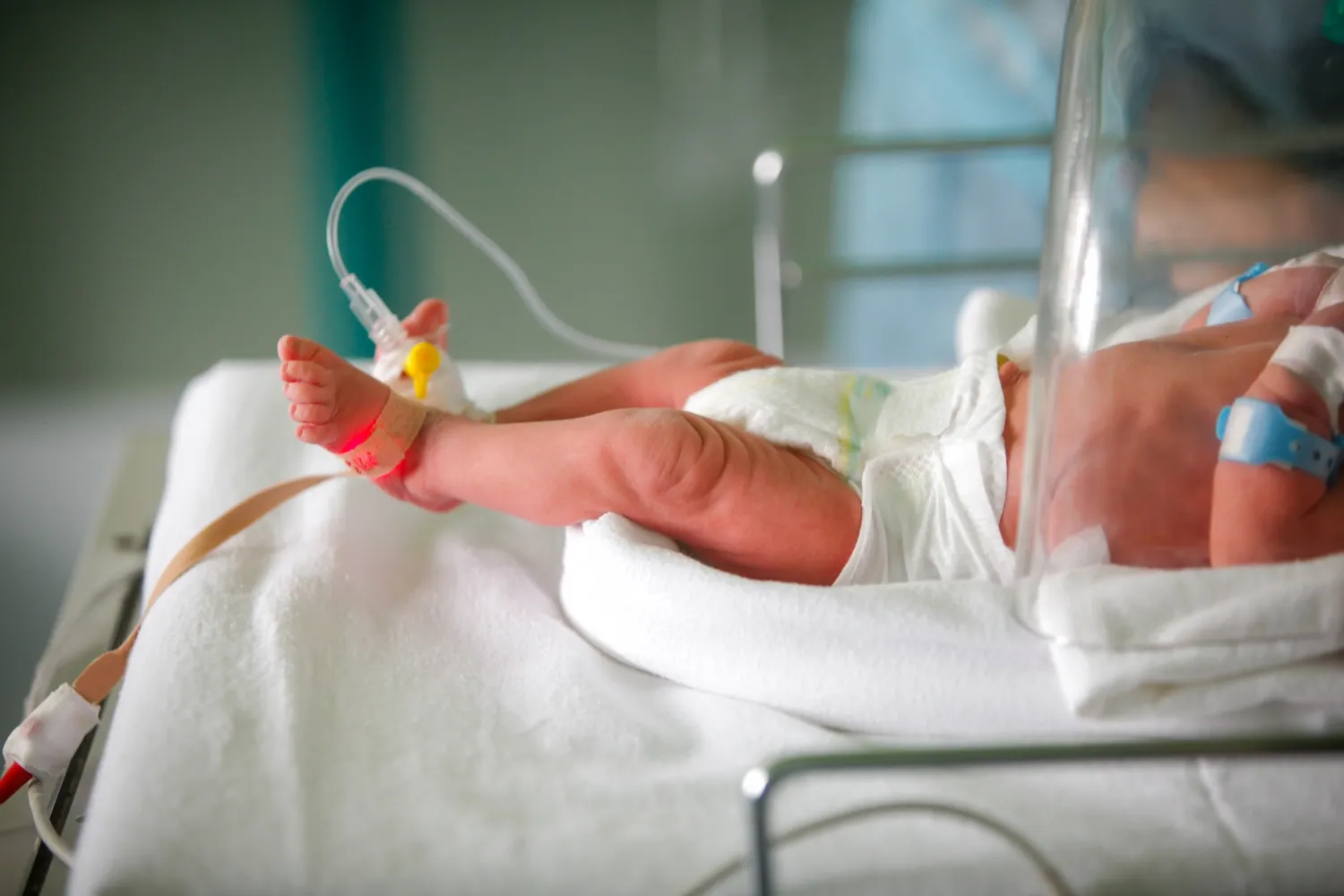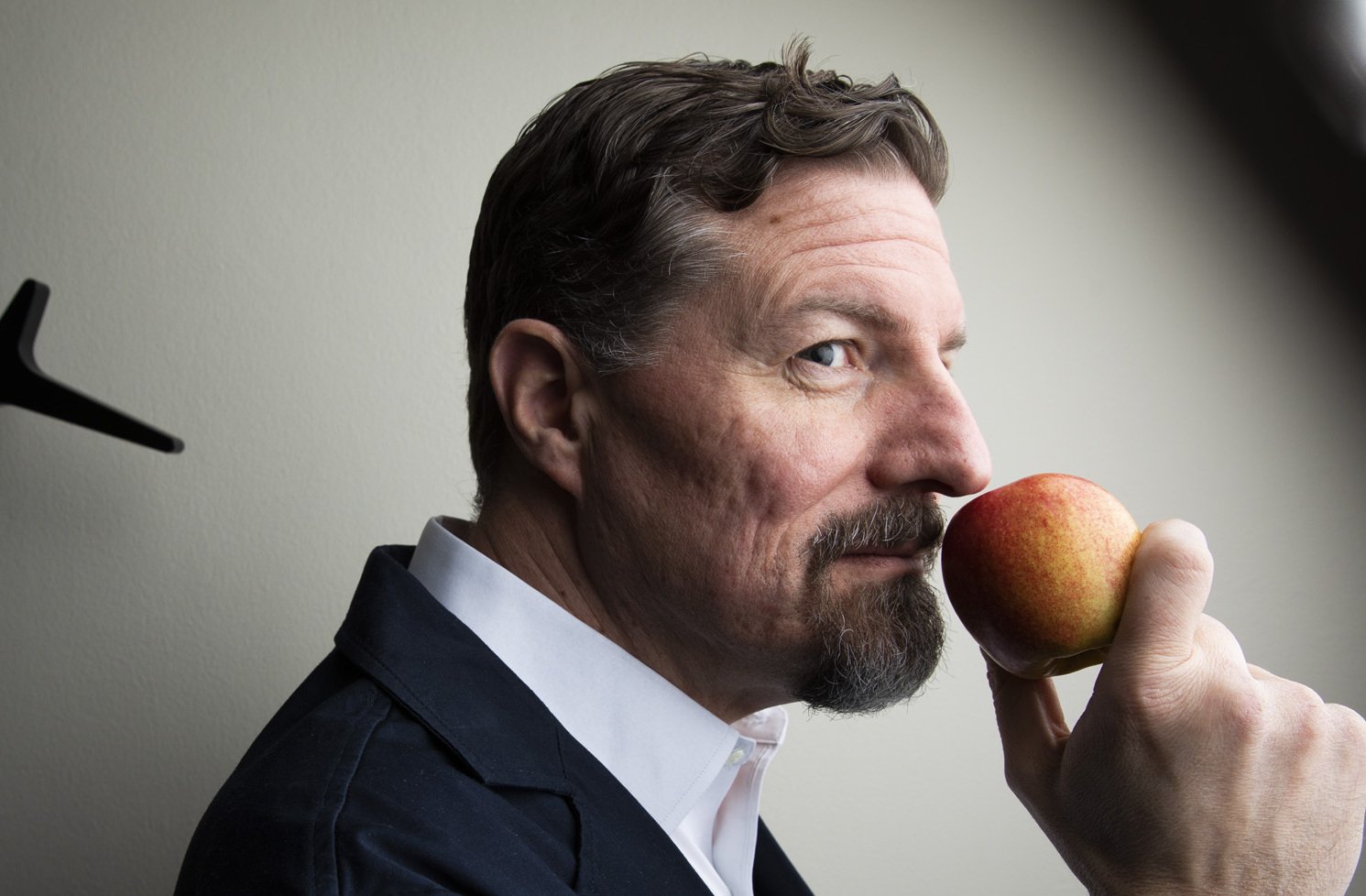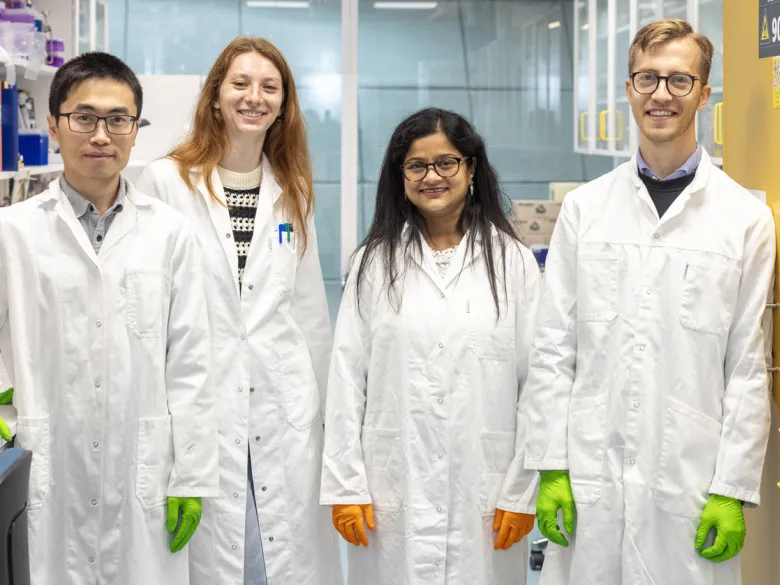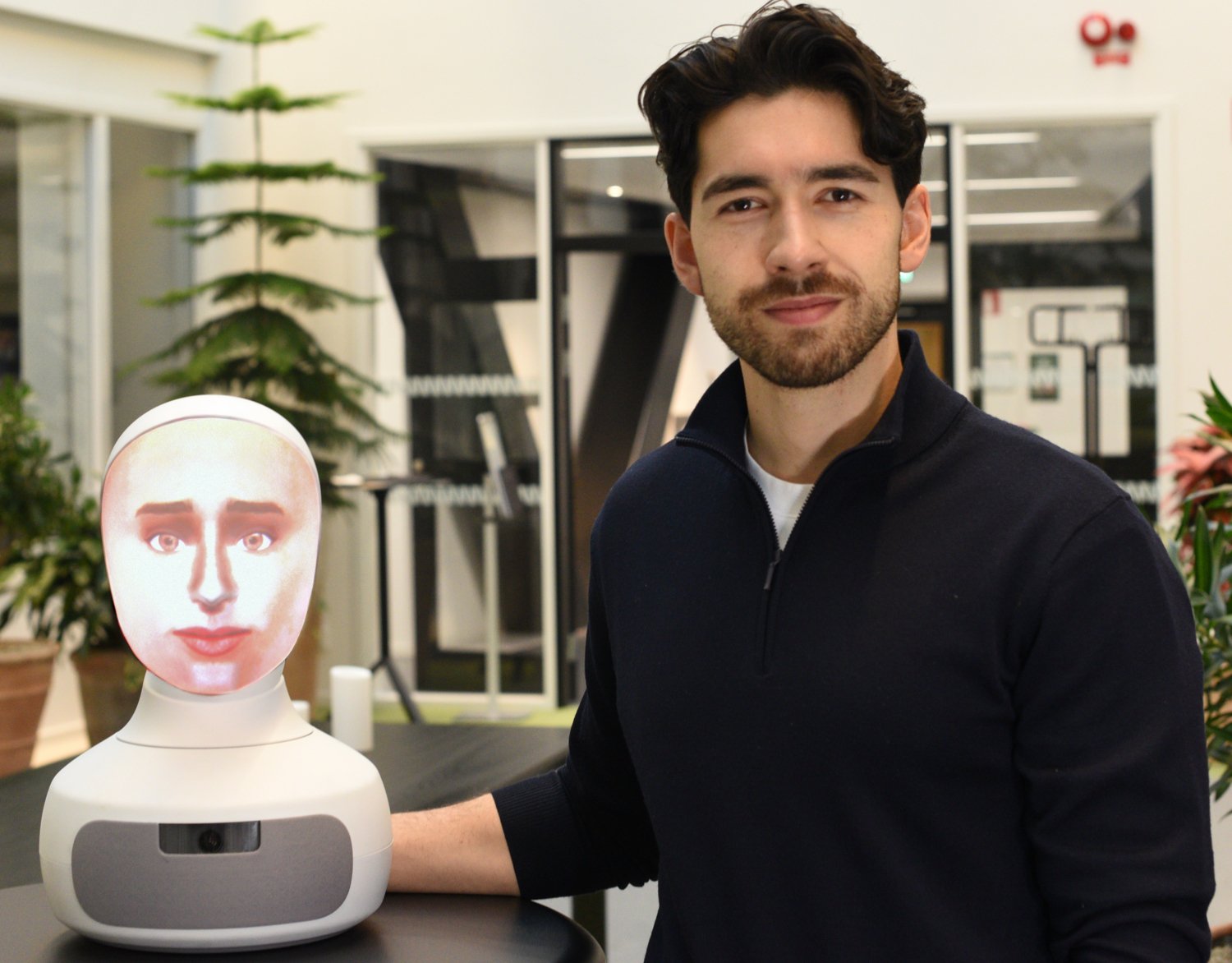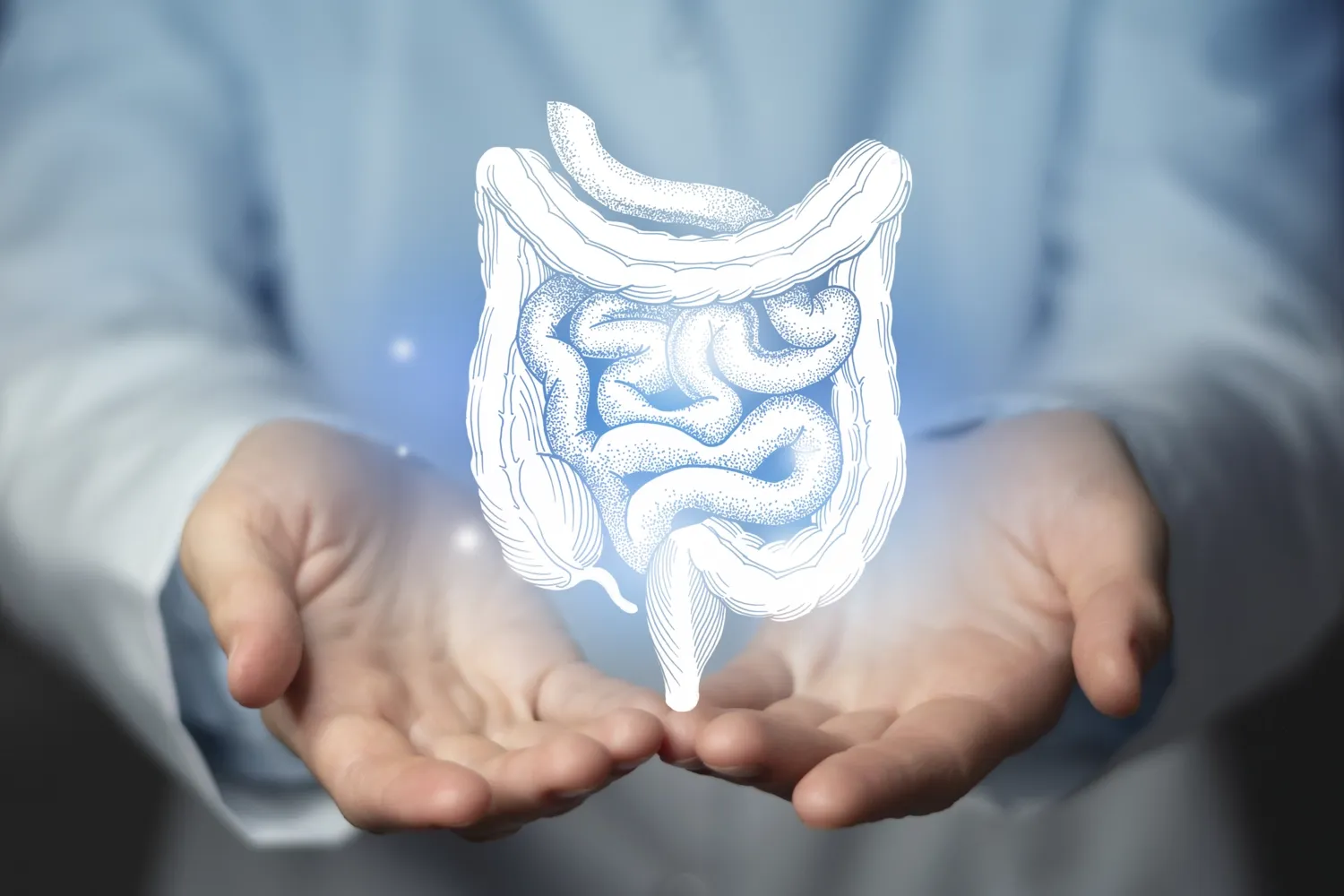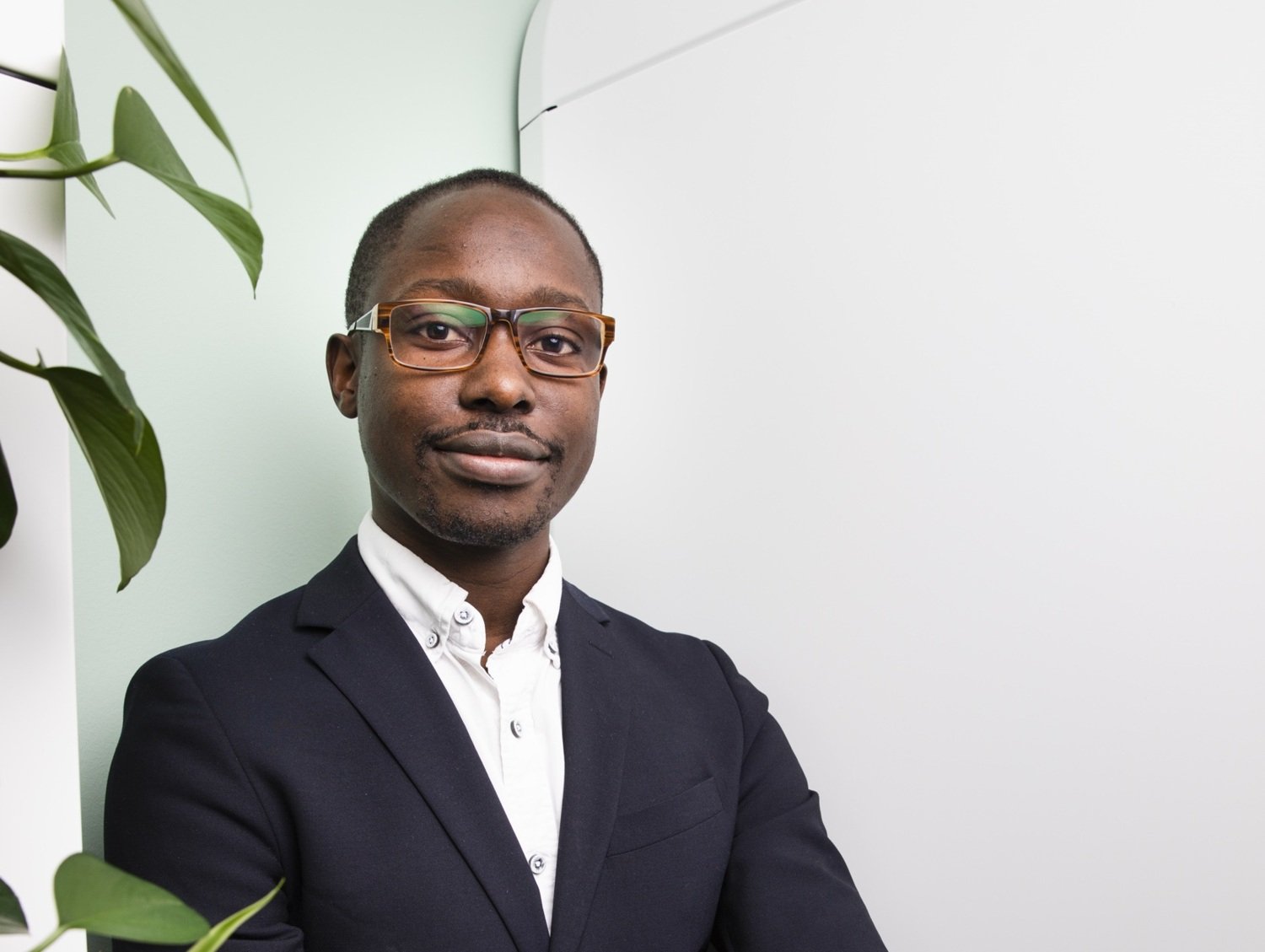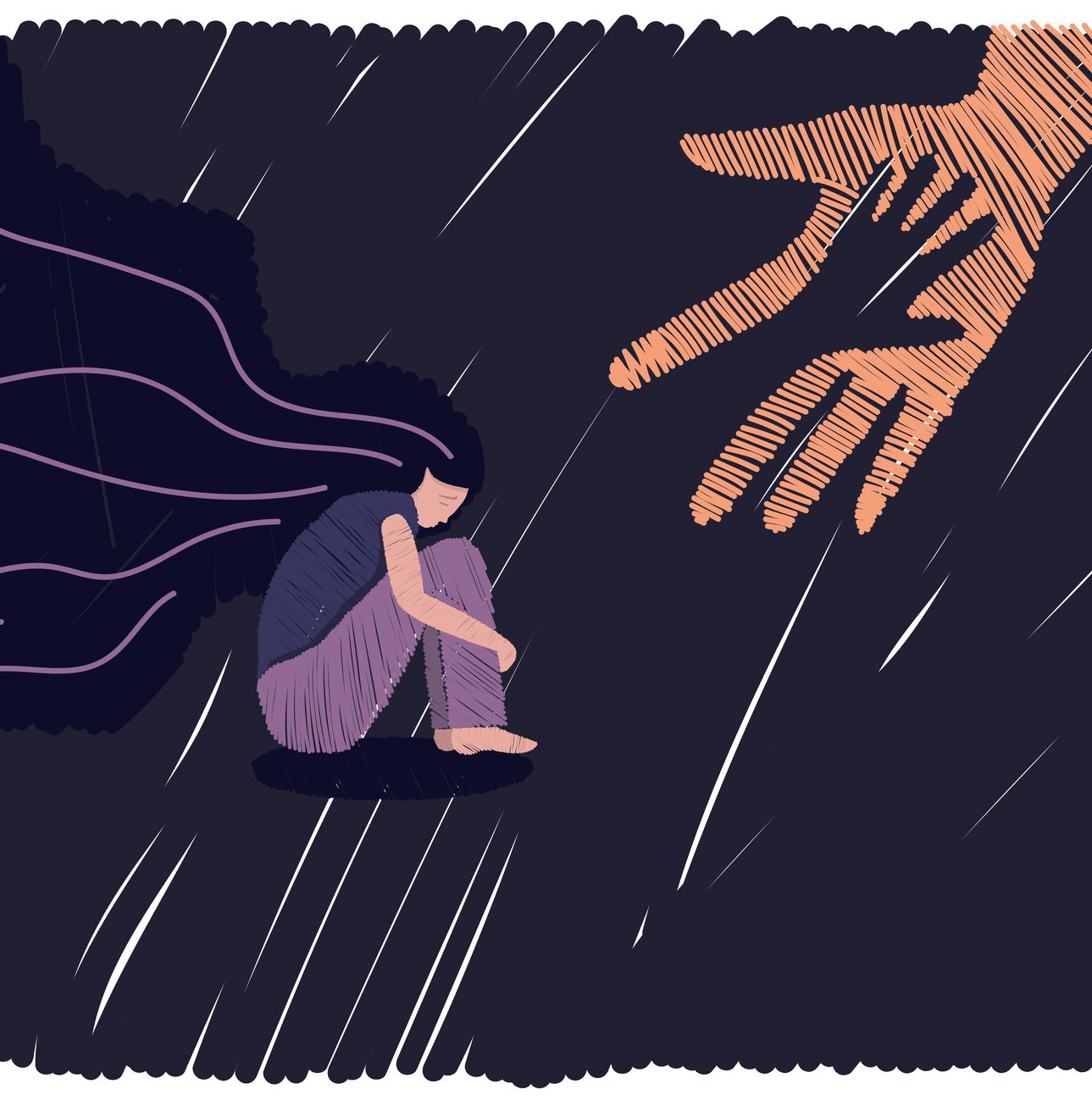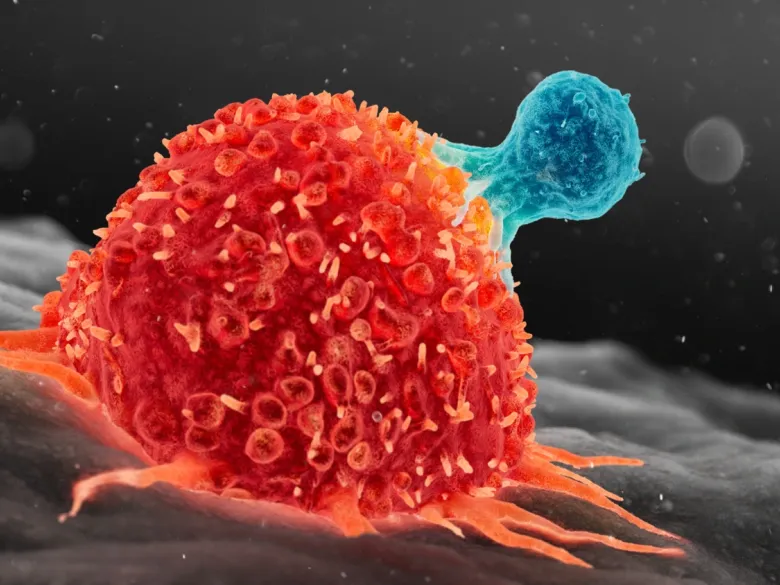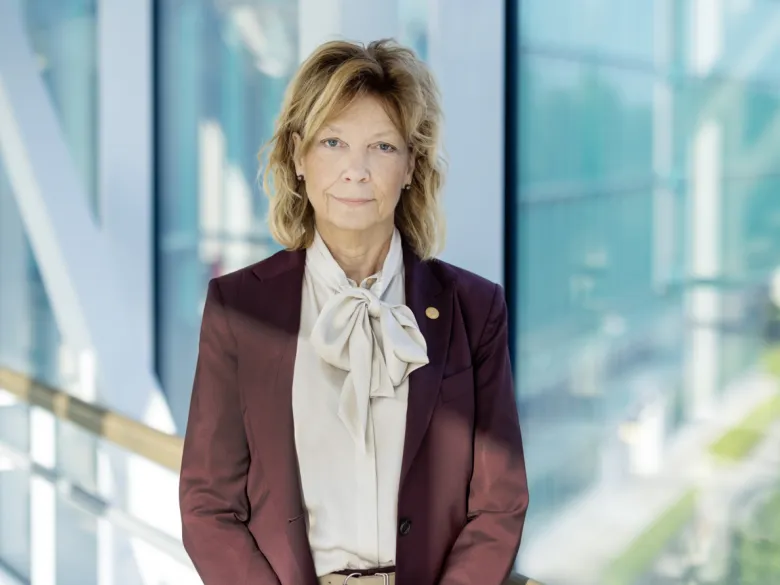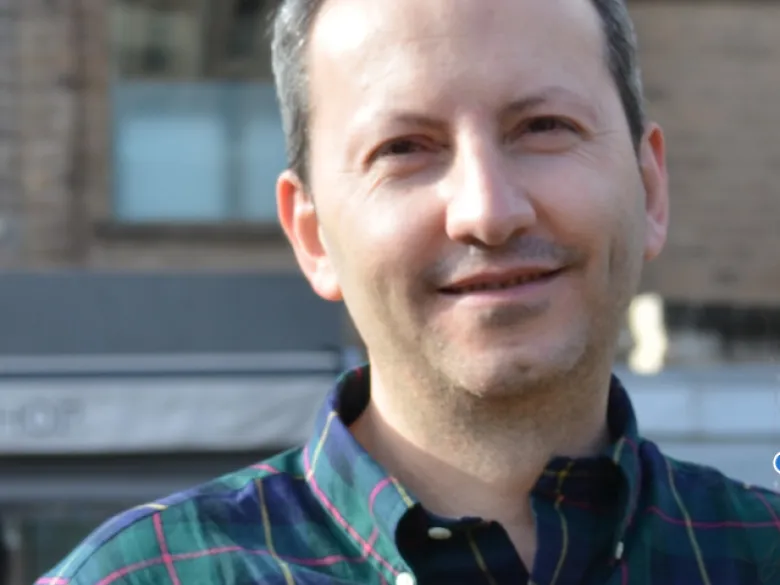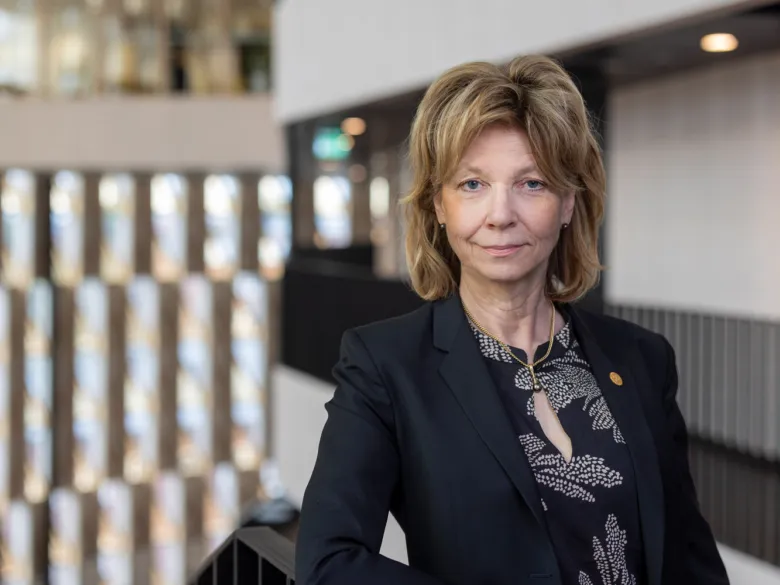Grants, awards and donations
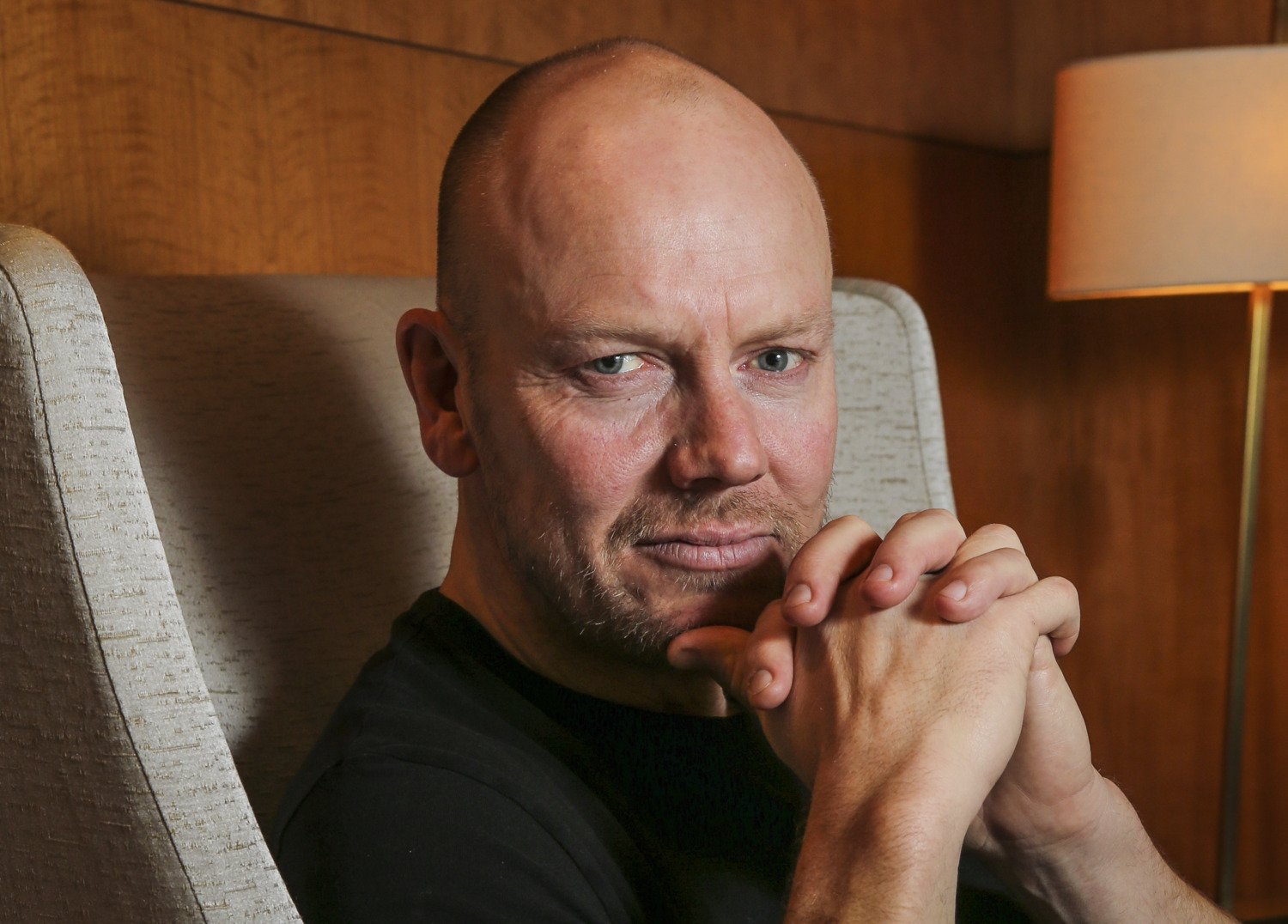 Photo: David Cooper
Photo: David CooperKI and University of Toronto announce two Mats Sundin Fellowships 2026
Karolinska Institutet (KI) and the University of Toronto (U of T) have announced the second cohort of Mats Sundin Fellows in Human Developmental Health for postdoctoral researchers. The two-year exchange programme offers promising young researchers the opportunity to grow and test their wings in other research environments. Behind the initiative is ice hockey legend Mats Sundin.
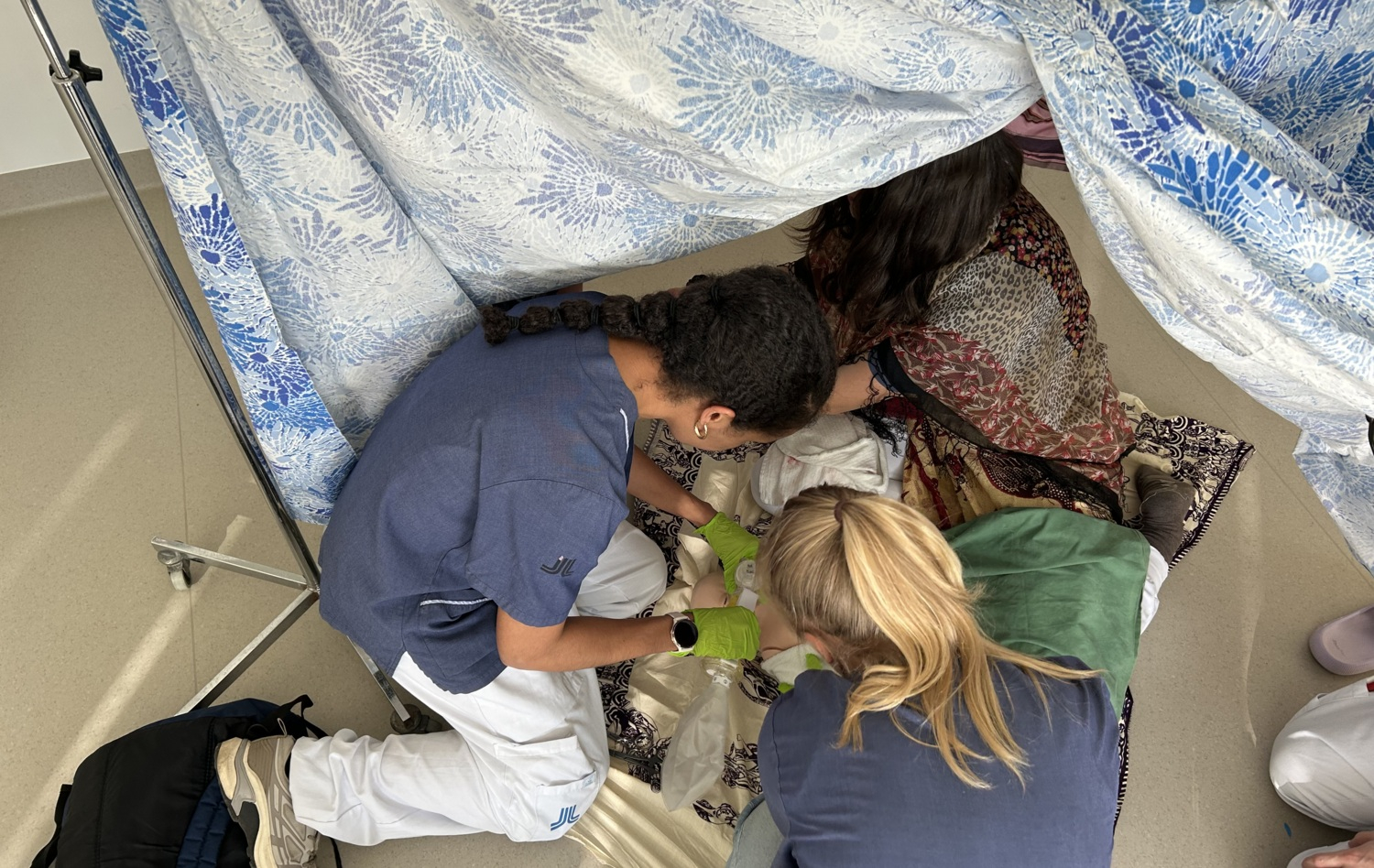 Photo: Centrum för hälsokriser
Photo: Centrum för hälsokriserKamprad Family Foundation enables continued collaboration with Médecins Sans Frontières
The Centre for Health Crises and the research group Global Disaster Medicine will deepen their educational collaboration with Médecins Sans Frontières over the next three years thanks to new support from the Kamprad Family Foundation.
 Photo: Getty Images
Photo: Getty ImagesFour innovation grants awarded to KI by the Knut and Alice Wallenberg Foundation
Four innovation projects at KI in the field of life science receive funding from the Knut and Alice Wallenberg Foundation and SciLifeLab's Proof-of-Concept program. The grants aim to strengthen the path from academic research to innovation and commercial application in life science.
 Photo: Liza Simonsson
Photo: Liza SimonssonRecord donation for point-of-care cancer research at KI
The Cancer Research Funds of Radiumhemmet is to donate SEK 102 million kronor to point-of-care cancer research at KI. The grant is the largest in the history of the Funds and will finance diagnosis-specific research, infrastructure and research positions.
The Conversation
 Photo: Gettu Images
Photo: Gettu ImagesYour genes matter more for lifespan now than they did a century ago – here’s why
 Photo: Pixabay
Photo: PixabayResearcher explains how to use facial cleanser properly
 Photo: Sanket Mishra on Unsplash
Photo: Sanket Mishra on UnsplashSocial media, not gaming, tied to rising attention problems in teens
 Photo: Getty Images
Photo: Getty ImagesMore articles by KI researchers published in The Conversation
From cold-resistant genes to face masks, Karolinska Institutet researchers contribute to the global public discourse on a range of topics through our collaboration with the international news site The Conversation.
Selected top publications
How dopamine-producing neurons arise in the developing brain
Ernest Arenas et al, Nature Neuroscience, February 2026
Study maps the role of a master regulator in early brain development
Kristiina Tammimies et al, Nucleic Acids Research, February 2026
Mitochondrial RNA may contribute to improved wound healing in diabetes
Ning Xu Landén et al, Advanced Science, February 2026
Kidney function may affect Alzheimer’s blood biomarkers
Hong Xu et al, Journal of the American Society of Nephrology, January 2026
How to prevent an overactive immune system
Randall Johnson et al, Nature Communications, January 2026
More high-impact publications


